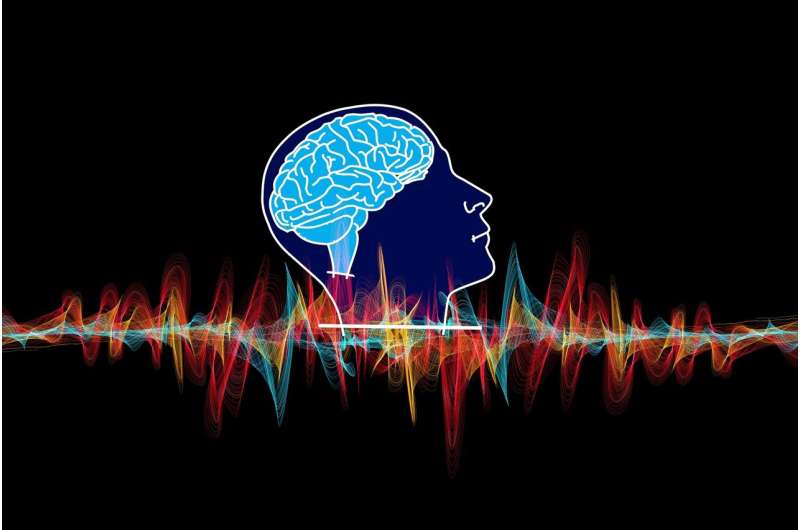Enhancing AI Accuracy in Antibody Identification Through Challenging Negative Data

Innovative research shows that training AI models with challenging negative data significantly improves their ability to identify effective antibodies, boosting drug discovery and biomedical research.
Recent advances in artificial intelligence (AI) are improving how scientists develop effective antibodies, vital components in treatments against viruses and cancers. A key discovery is that exposing AI models to carefully curated negative data—examples of antibodies that bind suboptimally to targets—can significantly enhance their ability to distinguish which antibodies are genuinely effective.
In the process of antibody development, researchers test various candidates to see which ones effectively bind to specific proteins on pathogens or cancer cells. Predicting which antibodies will work efficiently before expensive and time-consuming experiments is crucial. This is where machine learning models support researchers by analyzing data and making accurate predictions.
A groundbreaking study led by Ph.D. candidate Aygul Minnegalieva at the University of Oslo demonstrates that the quality and challenge level of negative data are essential for training reliable models. By presenting the AI with examples of antibodies that bind but do so poorly, the models learn to identify the subtle biological features that make an antibody effective.
This approach involves using negative examples that closely resemble positive ones but are less effective, forcing the AI to recognize critical differences. The researchers found that such challenging negative data enable AI models to better understand the biological rules underlying antibody binding, leading to more precise predictions.
These insights are not limited to antibody research. The methodology can be applied across various scientific domains, including protein design and molecular property prediction, where the quality of negative examples influences model accuracy.
Professor Victor Greiff emphasizes that meticulous data curation is a vital scientific decision shaping the capabilities of machine learning systems. Properly designed datasets enable models to uncover genuine biological principles, accelerating drug discovery, vaccine development, and broader biomedical research.
Ultimately, refining negative data in AI training enhances the reliability and interpretability of models. This progress promises to streamline the development of new medicines and therapeutic antibodies, making the process faster, more cost-effective, and scientifically grounded.
Stay Updated with Mia's Feed
Get the latest health & wellness insights delivered straight to your inbox.
Related Articles
Innovative Imaging Technology Tracks Brain Waves to Enhance Disease Research and AI Development
Stanford researchers have developed advanced optical devices to visualize brain waves in unprecedented detail, offering new insights into neural activity, disease mechanisms, and AI development.
Proteoglycan Family Molecules Offer Promising Advances in Breast Cancer Diagnosis and Treatment
Recent research uncovers the potential of proteoglycan molecules as biomarkers and therapeutic targets in breast cancer, promising advances in diagnosis and personalized treatment strategies.
Healthcare Budget Cuts Endanger Local Solutions to Rural Doctor Shortages
California’s rural regions face a critical doctor shortage worsened by healthcare funding cuts. Initiatives like new training campuses and residency programs aim to stem the crisis, but financial challenges threaten these solutions. Learn more about efforts to improve healthcare access for rural Californians.
Increased Physical Activity Among NHS Active 10 App Users Demonstrated by Recent Study
A recent study demonstrates that users of the NHS Active 10 walking app increase their brisk and overall walking activity, with benefits lasting over two years, indicating its potential for promoting public health.



